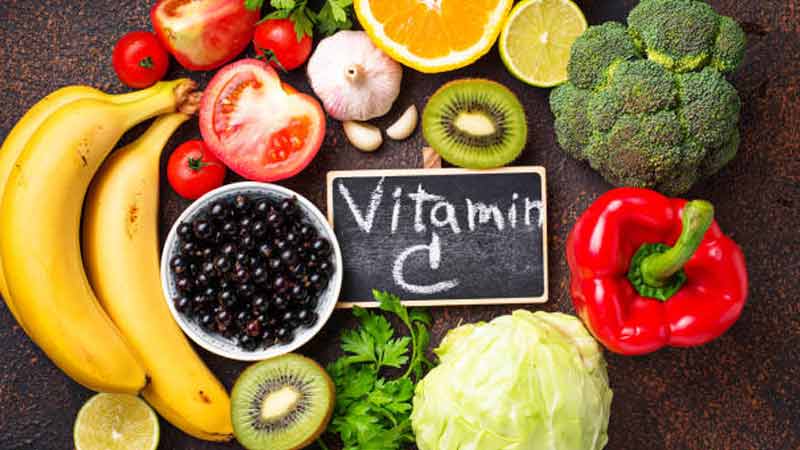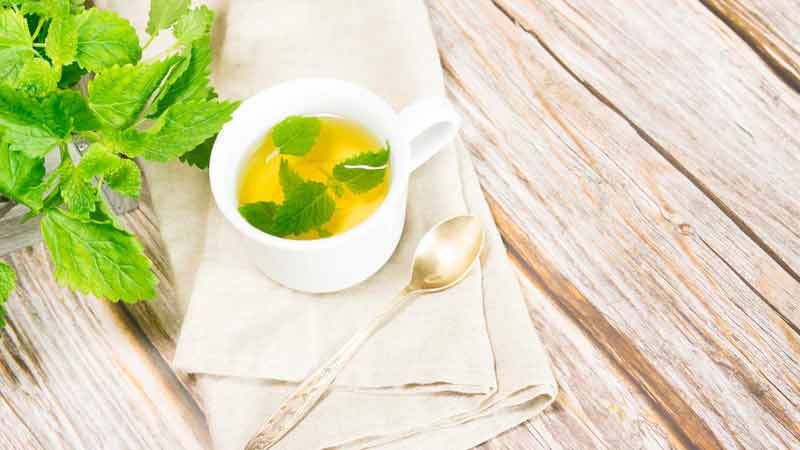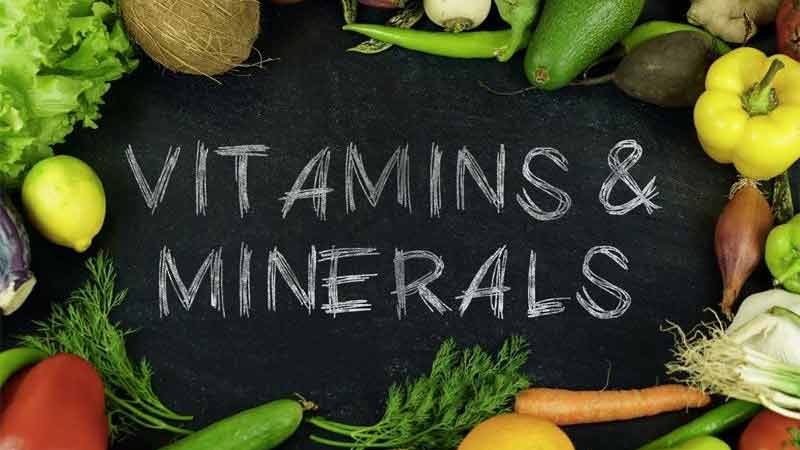Soreness After Yoga? This Is What Your Body Needs
37 months ago
5 minute read.

Great yoga workouts can improve your strength, flexibility, balance, and more, but soreness after yoga can put you on the sidelines for days or even weeks. Delayed-onset muscle soreness is the most common type of stiffness following a yoga workout. Fortunately, there are many ways to heal sore muscles faster and get back to practicing your craft sooner rather than later.
This post will explain why you’re feeling sore after yoga and how to treat soreness so you can get back to practicing yoga without pain and discomfort.
What Causes Muscle Soreness After Yoga Practice?
The eccentric muscle contractions associated with downward dog, for example, can cause soreness in muscles like your calves and hamstrings if they aren’t adequately warmed up beforehand. While most soreness from a yoga session should dissipate within 24 hours, if you’re still experiencing muscle pain or tenderness several days later, it’s worth considering why that might be.
In addition to these more commonly known reasons for post-yoga muscle pain, the less apparent contributors are sore muscles.

Dehydration is one; not drinking enough water before or after class can leave you feeling stiffer than usual afterward.
If you are not stretching properly before a session, it can lead to tight muscles and prevent your body from reaching its full range of motion during a pose.
Even something as simple as running late and skipping breakfast could contribute to lingering muscle soreness; if you’re low on energy, it’s harder for your body to rebound from a strenuous activity like yoga.
There are several ways that diet affects soreness after exercise—and some of them aren’t always immediately apparent.
[ When In Pain? Should I Use Heat Or Ice Therapy? ]
Is Pain After Yoga Normal?
It’s normal to experience soreness in your muscles for a few days after you exercise, especially if you haven’t worked out in some time or are going from a beginner level to an intermediate or advanced level of activity.
However, there may be something else at play when it comes to pain after yoga. If you are experiencing muscle pain and stiffness that lasts longer than 48 hours or increases in intensity, it could be due to dehydration and/or electrolyte imbalances (low sodium levels).
The best way to prevent these problems is by drinking plenty of water before and during your workout session and replenishing with fluids immediately afterward.
Also check:
Prevent And Cope With Soreness
When it comes to soreness after yoga, there are two main types you’ll likely experience: muscle pain (myofascial pain) and fatigue. While these are very different physical complaints, they stem from a similar source—over-training.
Preventing soreness and treating muscle pain after yoga with a pain-relieving diet: Slight soreness feels good as it indicates we’ve completed a challenging workout and are making progress.
To help us stay active, we mustn't miss workouts due to minor aches & pains—it’s important to remember that our bodies need these light days for recovery to feel motivated to exercise hard again in our next session.
A lack of recovery from one workout will lead to more soreness during future workouts and, over time, will worsen in severity until it has a negative impact on every facet of life for weeks or months at a time. So what can you do about it?
Diet As A Solution For Muscle Pain After Yoga
You can make some dietary changes to help alleviate post-yoga soreness, such as reducing caffeine and alcohol intake, cutting out processed food, and eating more balanced meals.
Some yogis swear by consuming ginger to relieve muscle pain after a particularly strenuous class—it’s possible that it also reduces inflammation throughout your entire body.
Here are some dietary remedies to manage soreness after yoga-
Vitamin C

Most people know that Vitamin C helps prevent scurvy, and makes a great natural cure for a cold, but did you know it also serves as an anti-inflammatory to relieve sore muscles? Load up on Vitamin C by including citrus fruits in your diet like lemons, oranges, and limes or eating vegetables such as bell peppers, broccoli, and cabbage.
Herbs, Spices, And Teas That Relieve Muscle Pain

Many herbs, spices, and teas are famous for their ability to bring relief from muscle pain. These include ginger root, turmeric, peppermint leaves, chamomile flowers, lemon balm leaves, rosemary leaf, and oregano leaf. Garlic works effectively in curing muscle pain since it has anti-inflammatory properties that help reduce swelling and inflammation associated with sore muscles.
Other Vitamins And Minerals For Relief From Muscle Pain After Yoga

Yoga builds muscle, which can mean that you'll obviously feel some muscle pain—especially if you’re just starting. Build stronger muscles with a pain-relieving diet rich in vitamins and minerals: Apart from vitamin C as mentioned earlier, vitamins A, D, E, and K are necessary for effective bodily healing from sore muscles.
Muscles also need omega-3 fatty acids to stay healthy, so load up on seafood, eggs, walnuts, or other omega-rich foods. Minerals like magnesium and calcium are essentially used for recovery.
What To Eat After The Session For Speedy Recovery?
The key to minimizing soreness, and restoring muscle function as quickly as possible, is to start with an anti-inflammatory diet to relieve pain. You’ll want to focus on balanced meals rich in proteins—both by upping your animal sources of protein (eggs, meat, milk) and by eating higher-protein grains like barley and quinoa—while also keeping sugar out of your diet.
Some nutritious ideas:
- As a post-yoga meal, go for a nutritious vegetarian or chicken broth soup. You can make these soups with carrots, celery, spinach, or cabbage.
- Consider wholegrain toast with bananas and peanut butter spread, or oatmeal with fruit and almonds.
- Cherish a smoothie made with berries, bananas, and peppermint.
- Keep yourself hydrated at all times, and coconut water is a superior choice to coffee due to its high electrolyte value.
Finally, choose foods high in omega-3 fatty acids like flaxseeds, walnuts, fish, etc. since they’ve been shown to help blood flow and reduce soreness.
Foods To Avoid Post-Yoga
- Say No to Raw Vegetables
- Say No to Sugary Drinks and Colas
- Say No to Chocolates
- Say No to Fatty Snacks
- Say No to Salty Snacks
Cool Down Yoga For Recovery
It is critical to cool down after an intense yoga session. While cooling down, take deep breaths to supply oxygen to your muscles, reduce tension, and encourage relaxation.
Cool down yoga is a great way to finish your active yoga session and prepare your body for the next one!
Conclusion
When we exercise, our muscles are broken down and rebuilt into a more vital state. While you’re sore, your body is healing and making those muscles bigger, stronger, and healthier.
So while it may seem annoying at first, the pain signals growth in these areas of your body! If you can get through it (If you’re an athlete or just like exercising), pain means that things are getting better—not worse! Post-workout recovery yoga will help you get results.
Leave a Comment
Related Articles
Health Checks @ Home
Service
Explore
© 2025 Truworth Health Technologies Pvt. Ltd.





